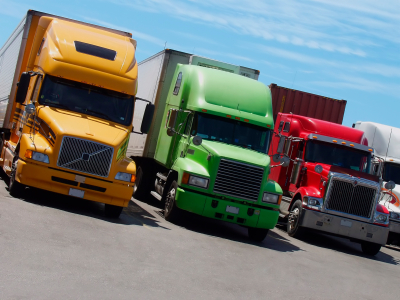Fleet Car Insurance For The Company Cars
Why fleet auto insurance is different and what you need to know about fleet coverage
Fleet car insurance is different from a typical auto insurance policy. For one, it’s handled by a commercial insurance company.
As such the considerations for writing a fleet policy are different from personal auto insurance.
What’s Different about a Fleet Policy?
A fleet car insurance policy usually requires two or more vehicles owned by a company – not an individual. The company can be a sole proprietorship, but there must be a certain commercial element to the ownership.
If you have a company trying to get a fleet policy, be sure to include all vehicles when writing the policy. This includes trailers and other secondary vehicles, as they all need to be listed separately.
Another factor is that material damage options and deductibles. These can be different for each vehicle, but the liability limits are usually the same for all vehicles. In other words, changing liability limits on one vehicle means changing them on all of them. One should keep this in mind when getting a new policy.
Equipment that is commonly used with the vehicle but not intrinsically part of the vehicle itself may need to be insured separately. This policy is called an “inland marine” policy. This can include things like generators and mobile construction equipment. These items are typically insured at a stated value and depreciated based on age. Talk to your commercial agent or broker when getting this policy – they’re not covered under the fleet car insurance policy alone.
List Each Driver on the Fleet Policy
In addition, all drivers should be listed separately on fleet auto insurance. This is interpreted much more strictly than with a personal auto policy. There can be more than one driver per vehicle on the policy, but all drivers should still be listed along with the amount of driving they are expected to do.
If a claim occurs in an insured vehicle, but the driver is not listed, the claim could be denied. While drivers don’t need to have perfect driving records, they should also not have any serious problems. Drivers with poor driving records can also be declined. Many insurance companies will not accept drivers younger than 25 on commercial policies regardless of driving record.
Also keep in mind that drivers need to show they’re properly licensed to drive your vehicles. If you have a truck larger than 26,000 GVW, for example, your driver needs to document proof of having a CDL license.
Changes to Fleet Car Insurance
Fleet car insurance is always subject to change. Vehicles are bought and sold. Employees come and go. As a result it’s normal to change policy items on a fleet insurance policy regularly. Commercial insurance agents and brokers are used to this, so don’t be afraid to call them.
Bottom line: make sure you keep your policy as up to date – or there could be a problem when there’s a claim.
Tags: popular
Trackback from your site.

